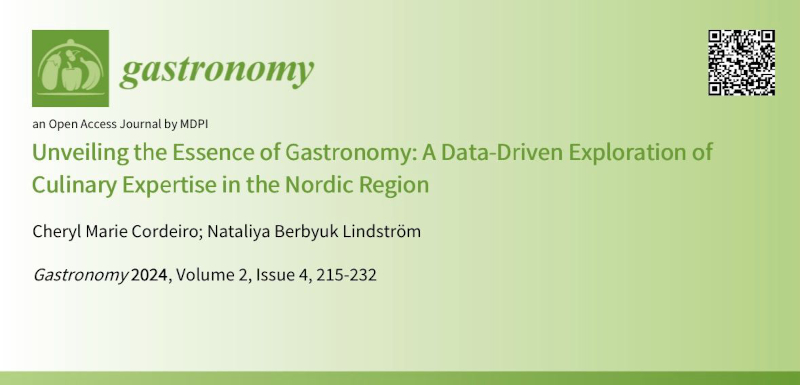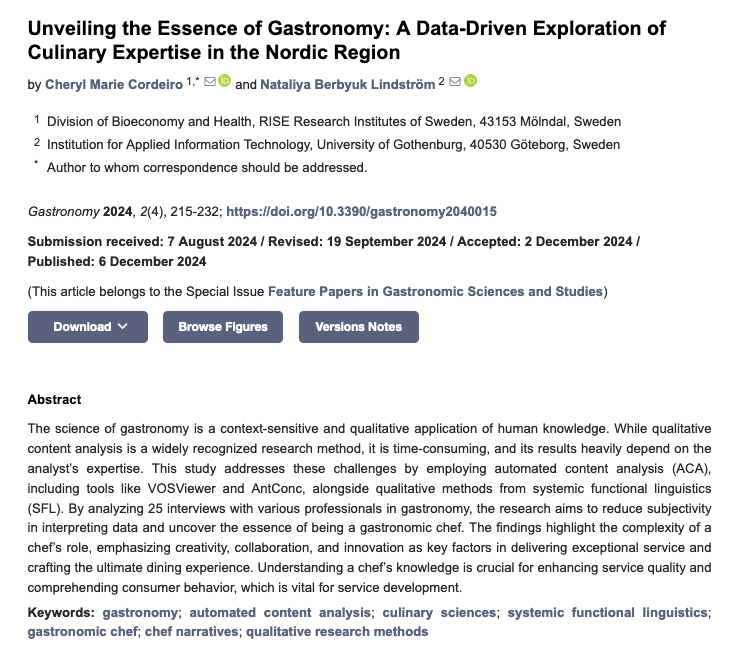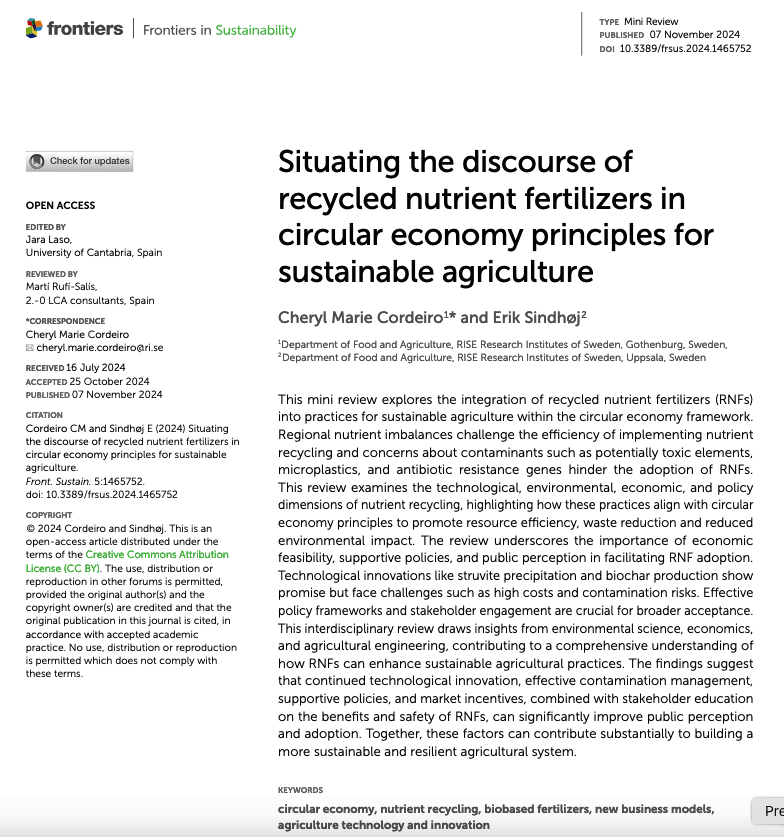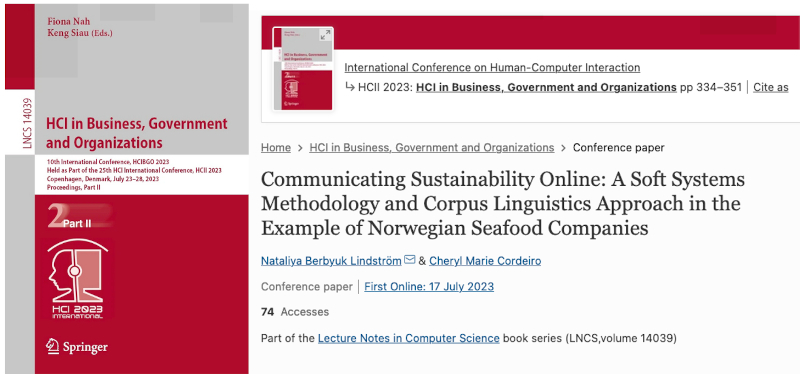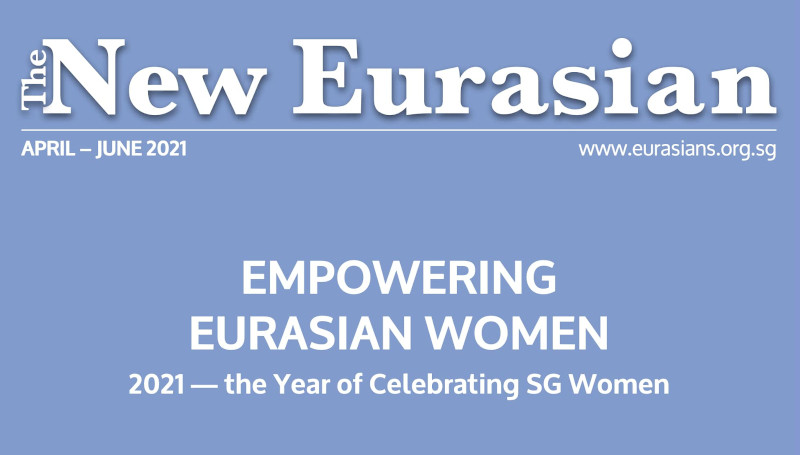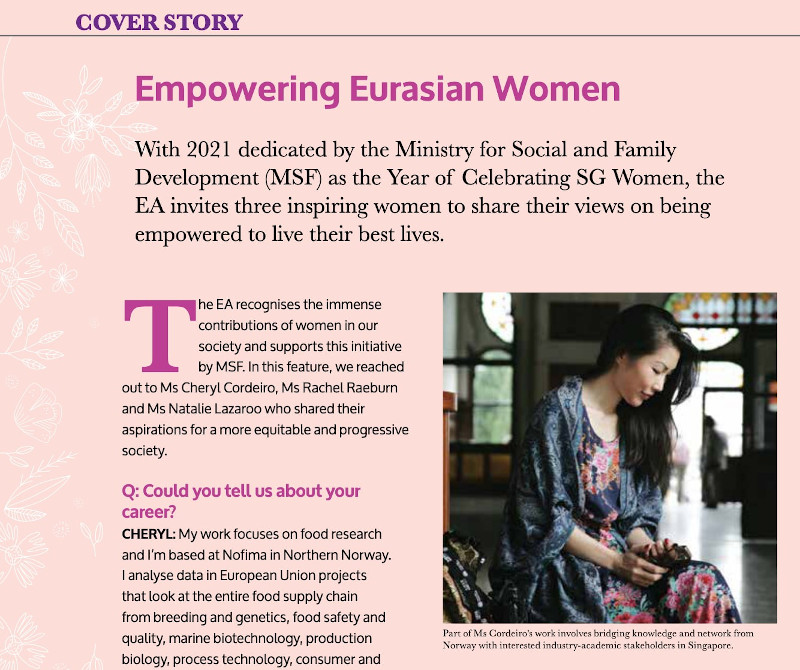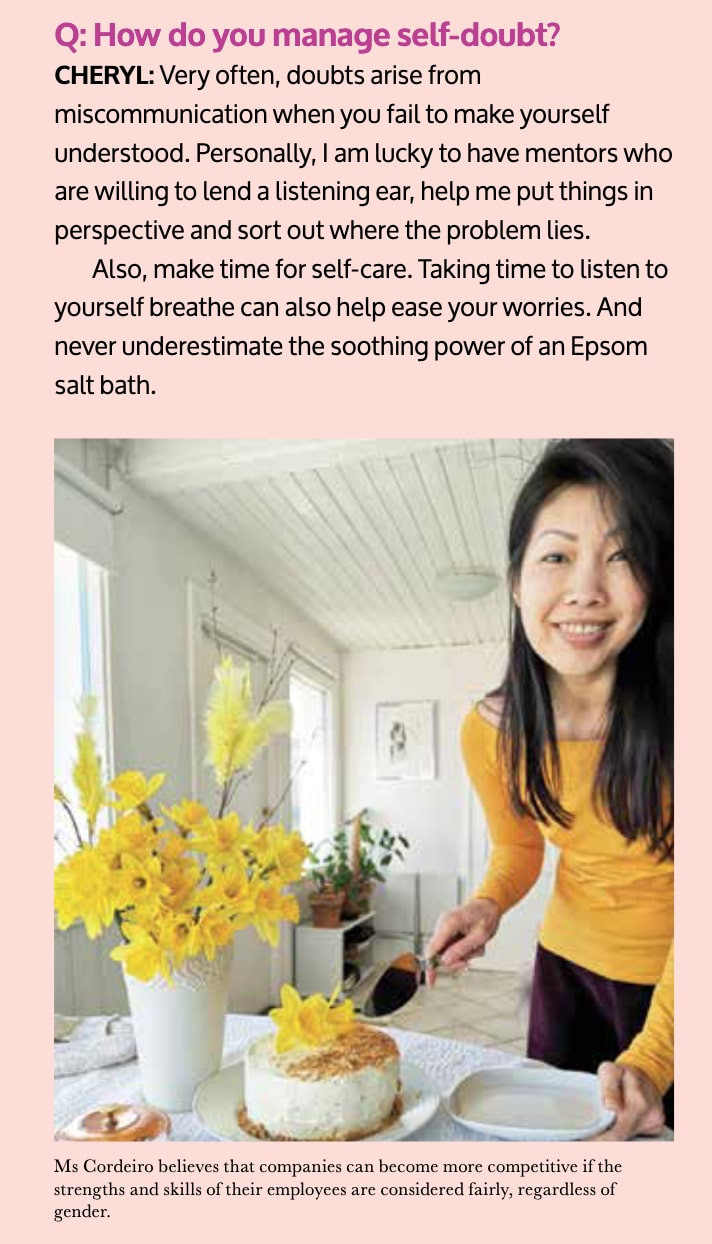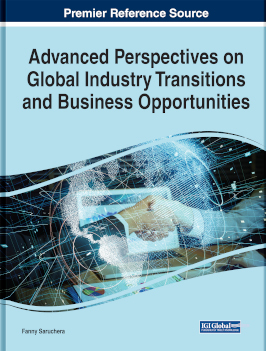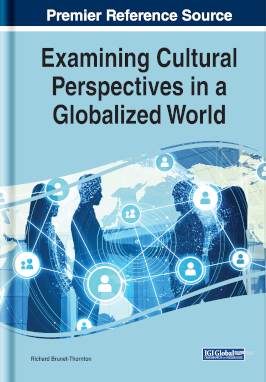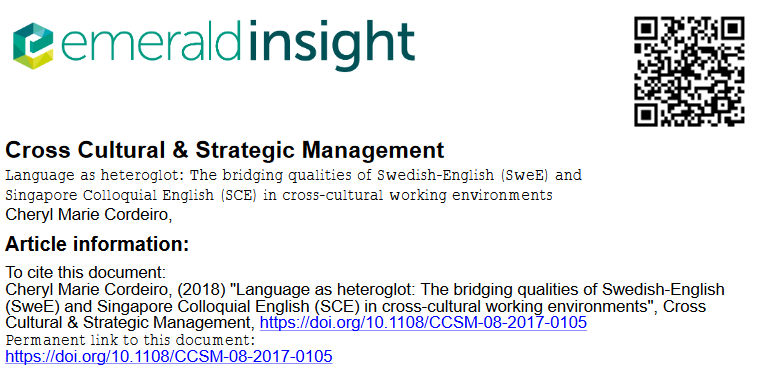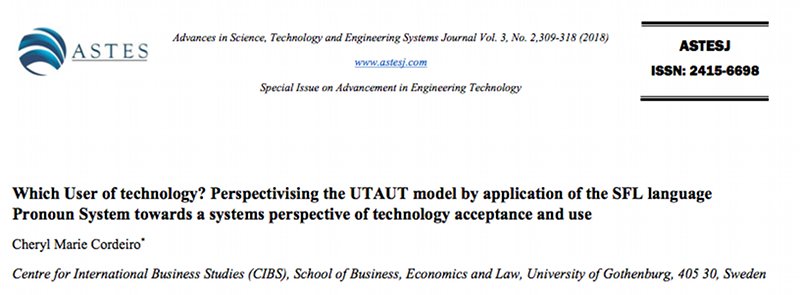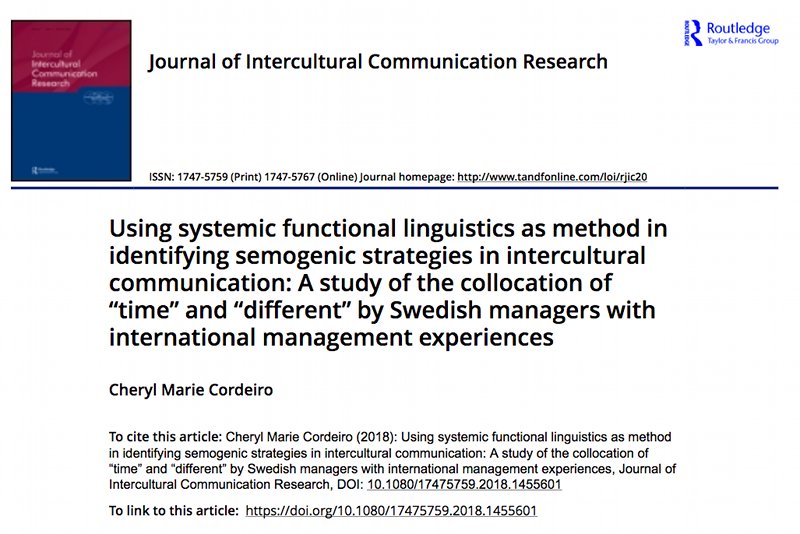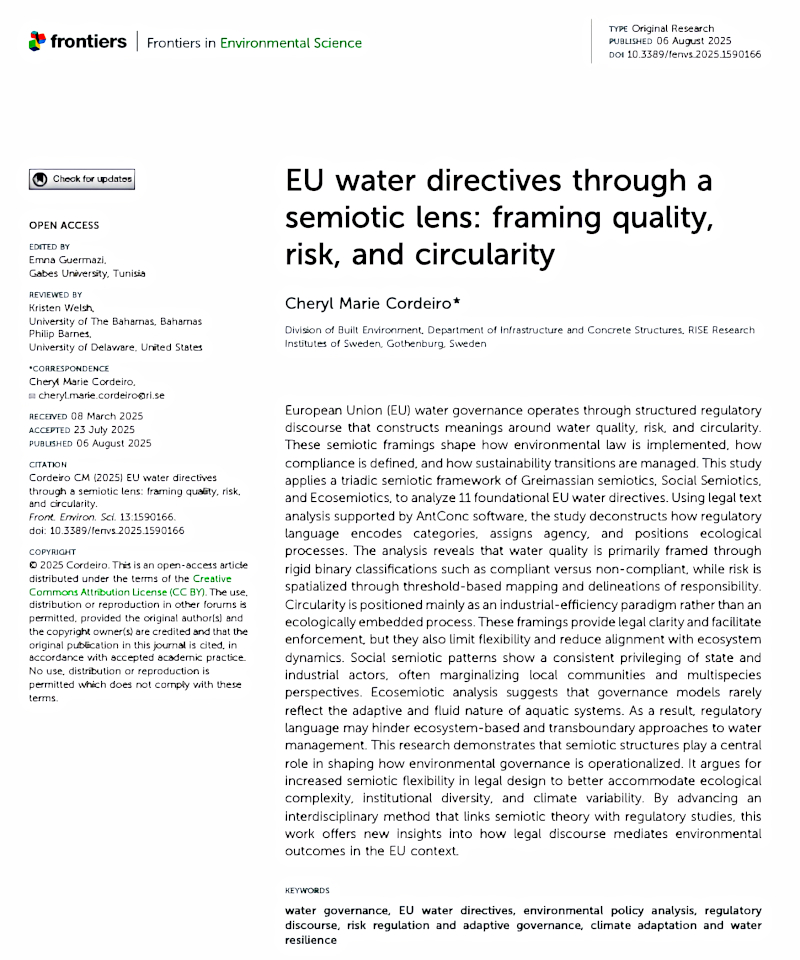
Published in Frontiers in Environmental Science, August 2025
Cordeiro, C.M. (2025). EU water directives through a semiotic lens: Framing quality, risk, and circularity. Frontiers in Environmental Science, 13:1590166.
The European Union’s water governance framework is widely recognized for its clear legal architecture, offering predictable compliance structures and harmonized standards across Member States. Yet, the language that enables this clarity and coordination may also influence how environmental concepts are interpreted and implemented. Understanding how such language constructs meaning is essential for evaluating both the strengths and limitations of EU water policy.
Beyond Compliance: The Power of Language in Policy
EU water law not only regulates environmental behavior; it also plays a constitutive role in shaping how key policy concepts such as quality, risk, and circularity, are defined and operationalized. This study applies a triadic semiotic framework, drawing on Greimassian structuralism, Social Semiotics, and Ecosemiotics, to examine 11 foundational EU water directives, including the Water Framework Directive, the Nitrates Directive, and the Water Reuse Regulation. Through this lens, the analysis explores how regulatory texts frame environmental priorities, assign agency, and embed specific worldviews that influence implementation and policy outcomes.
